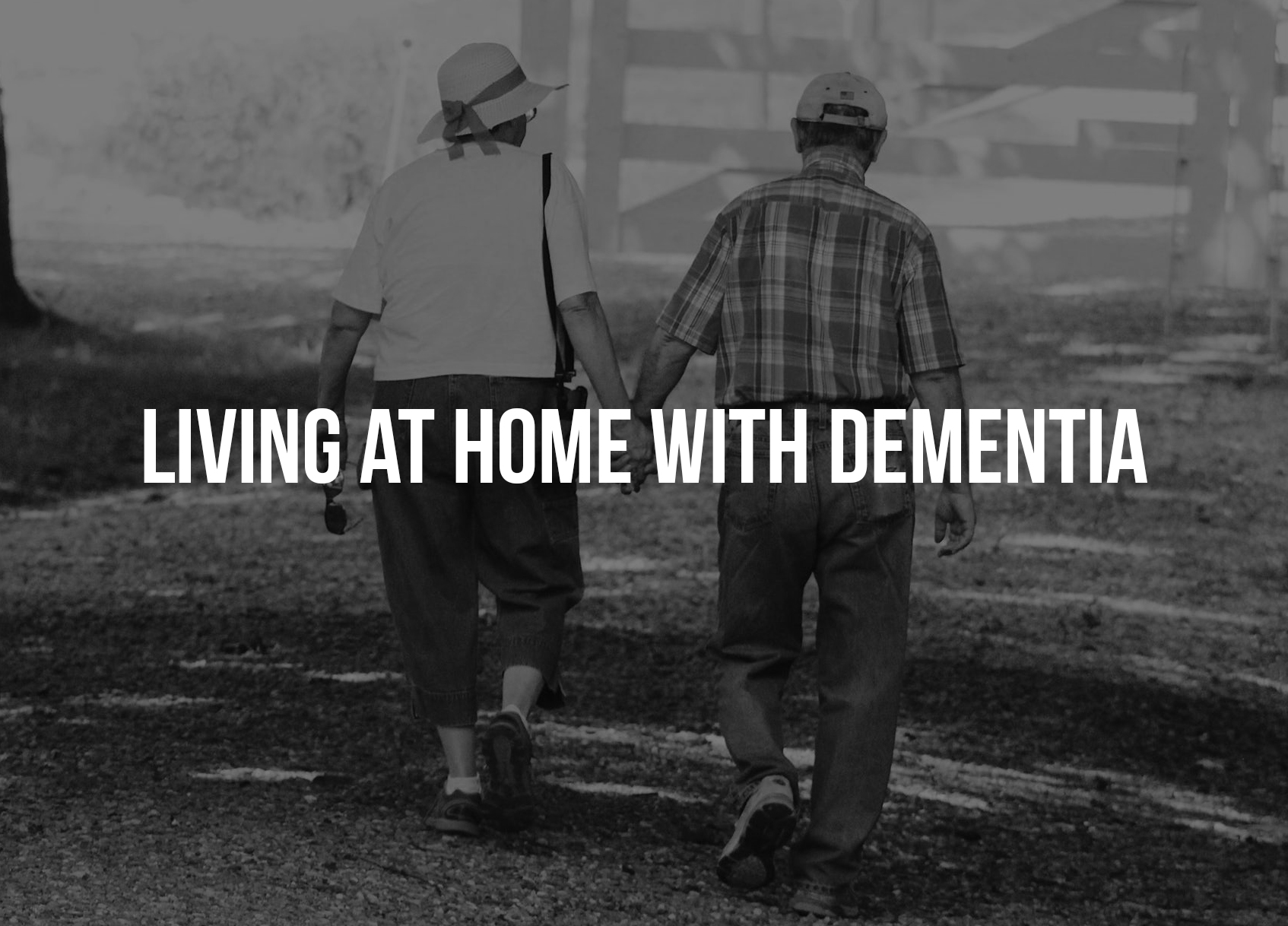Dementia does not progress in a pattern and changes can happen quickly without any indication. The following precautions may not prevent a wandering instance, but they will help protect your loved one if they happen to roam. Take the necessary precautions before wandering happens and you will keep your loved ones safe, while continuing to provide the best care possible.
If you have questions about memory care options for your loved ones, we’re here to help: https://www.wpmemorycare.org/
For adult children, the recognition of dementia among parents can either be a slow process or quite dramatic. Coping with this lifestyle transition, coupled with honoring the loved ones wish to stay at home, can create a dilemma.
Those who spend lots of time with the person affected with dementia may have a harder time recognizing the progress of the disease. Progression of dementia is generally slow, and the day-to-day changes are slight. For caregivers close to the affected person, it can be easy to get caught up in denial, rationalizing the changes as “just aging.”
For someone who has been absent in an affected person’s life, the progression of dementia can be significant. only to realize the significant changes in their loved one’s ability to manage daily activities.
It is difficult to determine when a person affected with dementia should be placed in a memory center. The level of care the person is receiving and/or requires along with safety play a major role in this decision. If everything is going well and the affected person is not in danger at home, there are proactive precautions people can take to prevent a major crisis. Unfortunately, most people wait until a major incident occurs before taking action, which may result in harm, and even death, to their loved one.
Wandering is a common symptom of dementia and can take place at any time. It is not uncommon for the affected person to flee when the spouse is napping or asleep for the night. Here a few tips to keep your loved one safe.
- Sew ID tags into the person’s clothing. In the event the person is found, this can help public officials return the person back home. Your local Alzheimer’s Association has a “safe return” program to help out in this area.
- Report to the local police department the address of your loved one and the disease. A patrol officer could identify your loved one and return them back home.
- Install door alarms that will sound if the door is opened when activated. Local hardware stores or security stores have these alarms.
- Place a stop sign on exit doors.
- Obtain a DNA kit from the local police department and preserve a sample. In the event the person is confused or in the case of death this can be used to identify the person.
